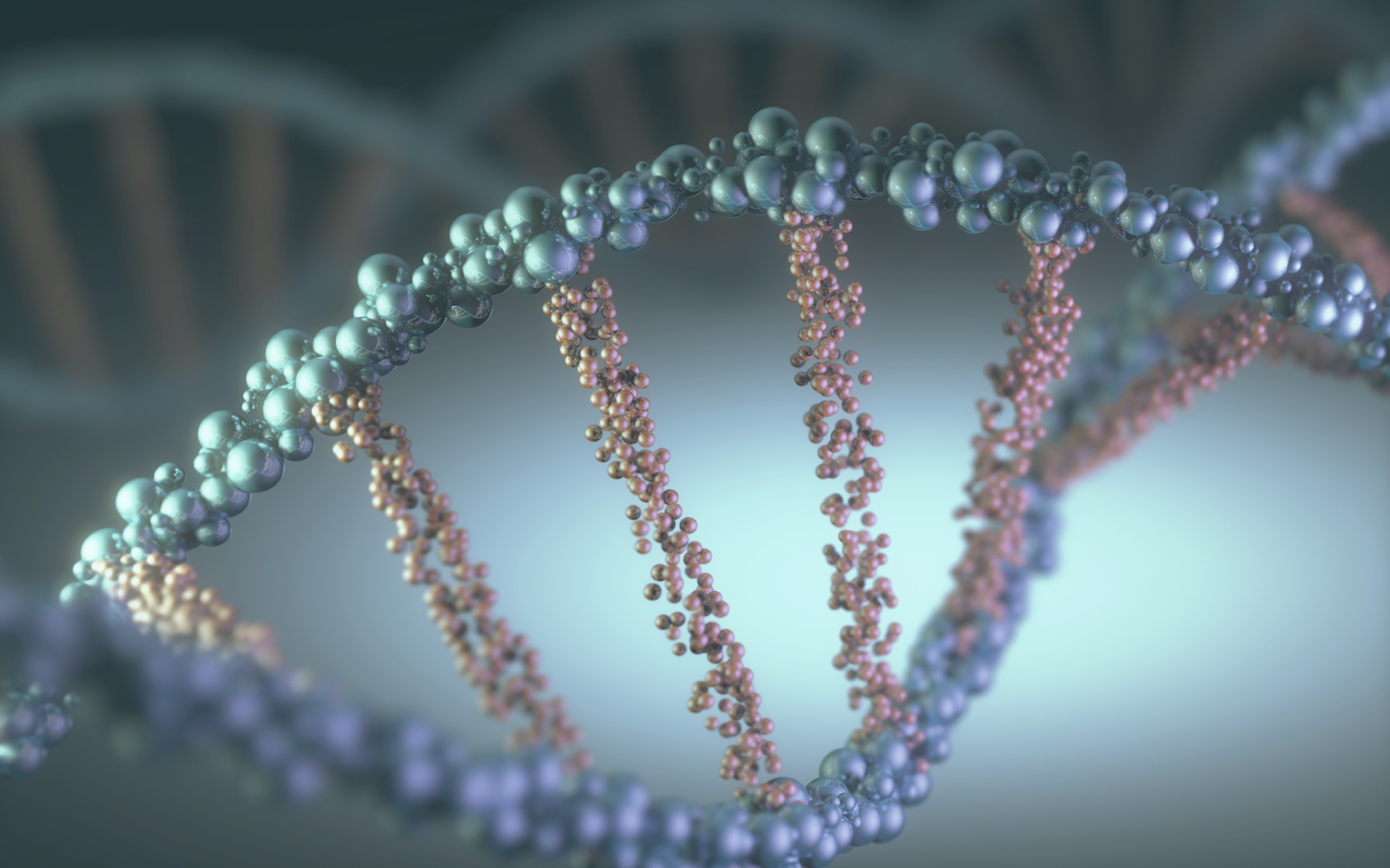PTC’s gene therapy for rare disease cleared for NHS use

NICE has recommended that PTC Therapeutics’ gene therapy for ultra-rare disease aromatic L-amino acid decarboxylase (AADC) deficiency Upstaza be made available for NHS use in draft guidance.
The positive stance adopted by the health technology assessment (HTA) agency means that some of an estimated 10 children with AADC deficiency in the UK could be able to get access to the treatment, which was approved by the MHRA last November for use in patients 18 months and older.
Upstaza (eladocagene exuparvovec) is a recombinant adeno-associated virus serotype 2 (AAV2)-based gene therapy, carrying the human dopa decarboxylase (DDC) gene, which is faulty in AADC deficiency.
The disease causes severe disability and suffering from the first months of life, with children afflicted by the condition suffering physical, mental, and behavioural symptoms, including seizures, and is typically fatal by around age 10.
Only about 120 cases have ever been reported, and around half of these have been in people with Asian ancestry. It’s so rare that PTC filed for approval of Upstaza on the strength of data generated mainly in Taiwan on unblinded studies, involving 28 children aged between 18 months and eight years.
In those studies, Upstaza administered directly into the putamen area of the brain of patients allowed them to reach developmental motor milestones that children with AADC deficiency would never normally achieve, including the ability to walk independently and talk.
NICE’s final draft guidance recommends Upstaza for children with the severe form of AADC deficiency, which accounts for around 80% of all cases. The gene therapy – like other one-shot therapies of this type – carries a hefty price at around £3 million in Europe, ahead of any negotiated national access discounts.
The decision to back use of the therapy came after NICE’s appraisal committee heard from patient experts about how the lives of children with AADC deficiency are severely impacted and shortened, and the substantial effect it has on the quality of life of the person with the condition and their family and carers, according to NICE director health technology Helen Knight.
“The committee agreed that the clinical trials showed the potential for substantial benefits that were sometimes clearly life changing,” she said.
“Today’s decision comes after a confidential commercial deal between NHS England and the company. This recognises the uncertainty in the evidence of eladocagene exuparvovec’s long-term effectiveness and has enabled the committee to recommend it as good value for the NHS and taxpayers.”
NICE expects to publish its final guidance on eladocagene exuparvovec in April. The prospect of reimbursement approval is a boost to PTC, given the challenges some other gene therapy developers have had in building a viable business for these high-priced therapies in Europe.
PTC reported recently that sales of the therapy were $13 million last year, from a combination of early access programmes and commercial sales. It is planning to file for approval in the US in the first half of this year.












